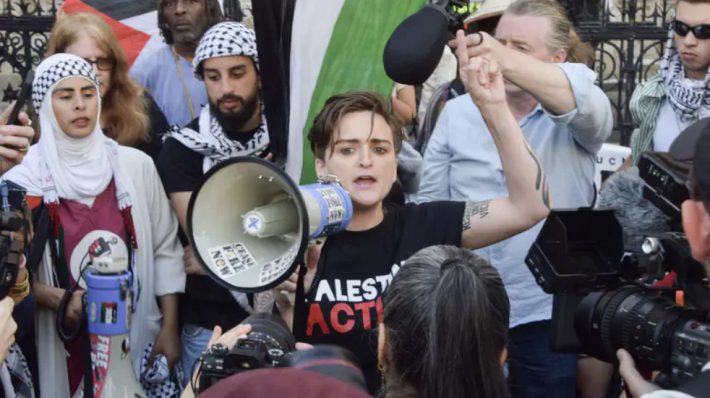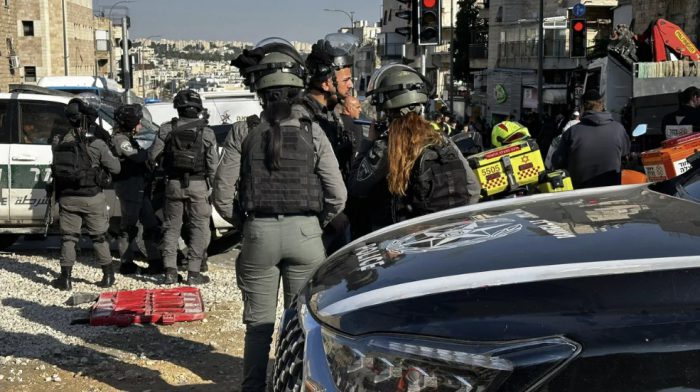London police have charged 47 more activists linked to the outlawed group Palestine Action, bringing the total accused to 114 since its July terror designation — as Britain toughens its stance on extremist disruption.
The Metropolitan Police in London announced Monday that 47 additional people have been charged with supporting the proscribed organization Palestine Action, raising the total number of accused activists to 114.
The defendants — ranging in age from 18 to 81 — are set to appear in court on October 27–28. If convicted, each could face up to six months in prison.
The UK government formally designated Palestine Action a terrorist group in July under the Terrorism Act 2000, following a series of high-profile stunts and attacks. The tipping point came after activists stormed a Royal Air Force base, defacing two aircraft with red paint and causing an estimated £7 million in damages.
Since the proscription, authorities report more than 700 arrests, the majority during disruptive demonstrations. Now, 114 activists face formal charges.
Interior Minister Yvette Cooper defended the ban:
👉 “This group has a long history of unacceptable criminal damage. Many people may not yet know the reality of this organisation — it is not non-violent.”
Palestine Action’s Record of Extremism
Founded in 2020, Palestine Action brands itself as a “direct action” network against Britain’s alleged complicity with Israel, focusing especially on UK–Israel arms trade links. But its record has been marked by acts of vandalism and symbolic destruction:
- Trinity College Cambridge (2022): Activists vandalized a portrait of Lord Arthur Balfour, slashing and spraying it with red paint.
- Manchester University (2023): Members stole two busts of Chaim Weizmann, Israel’s first president, from a glass display case.
- Military sites: Beyond the £7m RAF damages, activists have repeatedly targeted defense contractors and facilities.
What the group calls “resistance,” UK authorities now classify as terror-linked criminal activity.





